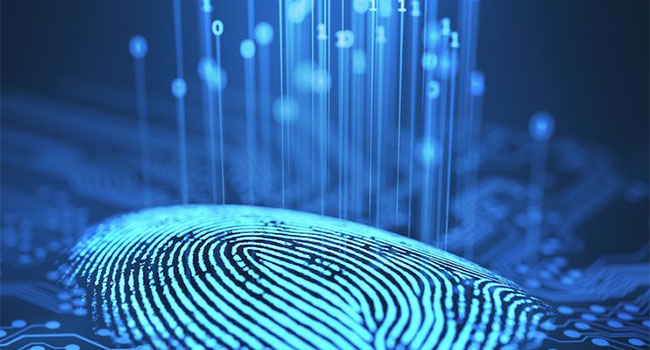
Remote ID Becomes Even More Critical Now
Digital transformation has fueled interest in remote identity verification
- By Ralph C. Jensen
- May 28, 2020
With the global digital transformation, many of the interactions that enterprises have with their customers are shifting online. Identity verification must be done remotely. Now banks, mobile operators, and other enterprises must enroll and authenticate their customers without ever meeting them face-to-face. They must do it in a way that is secure, convenient, and complies with regulations.
"Identity verification is fundamental to how enterprises interact with their customers. It builds mutual trust between both parties and allows them to perform transactions both online and in-person." said Avneesh Prakash, head of Digital Identity, Idemia.
Traditional enterprises and service providers can benefit tremendously from remote identity verification. This includes financial institutions, mobile network operators, insurance providers, sharing- and gig economy platforms, eCommerce companies, and online gaming services, just to name a few.
Digital transformation has fueled interest in remote identity verification in some sectors and has sparked the creation of new use cases in others.
Telehealth. In Telehealth, providers enable patients and doctors to conduct a virtual visit without having to meet face-to-face. This reduces the risk of spreading disease to care providers or other patients at a care facility. Identity verification must be done on both sides to establish trust, verify the patient’s identity.
Online education. The verification of student identities is an important factor in the successful implementation of a distance learning program. While a wide array of effective and trusted authentication methods are available, these methods still do not document that the student who is authenticated is actually the one who is taking the exam. Verifications such as biometric user verification and keystroke recognition (behavioral biometrics) can solve the key challenges in distance/online education.
Remote hiring. Increasingly, people are looking for remote jobs and prefer working from the comfort of their homes rather than traveling to an office for a desk job. Remote job openings are on a massive growth path — with some research showing an estimated increase of more than 150 percent since 2018. Digital biometric identity verification is essential in curbing issues such as fake documents, by enabling the verification and authentication of a candidate’s identity against the provided documentation.
Remote work. As more employees work from home, IT support teams are tasked with password and account recoveries – both require a trusted identity. Enterprises must ensure that that all data is secure and protected from data leaks. Identity verification through biometrics can help to verify the identity of employees accessing this data, regardless of where they are located.
ID documents. People use their smartphone to capture their ID document, passport or driver license. The data is then verified for authenticity with a trusted third-party or a root of trust.
Fingerprints. People can use the camera of their own smartphones to capture and verify multiple fingerprints in a contactless and non-intrusive manner.
Various solutions. There are a variety of remote identity verification technology solutions to create a secure, compliant and seamless identity verification solution combining biometrics, document authentication, and other techniques. These areas include ID authentication for government benefits, selfies, video conferencing, behavioral analytics and voice signature identification for activation of devices, for example.
About the Author
Ralph C. Jensen is the Publisher of Security Today magazine.